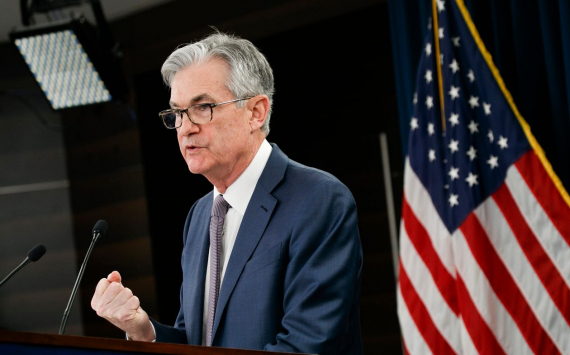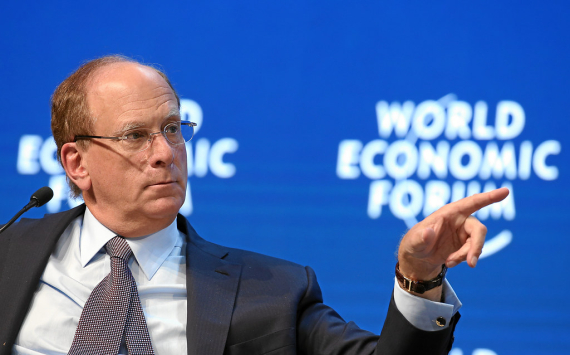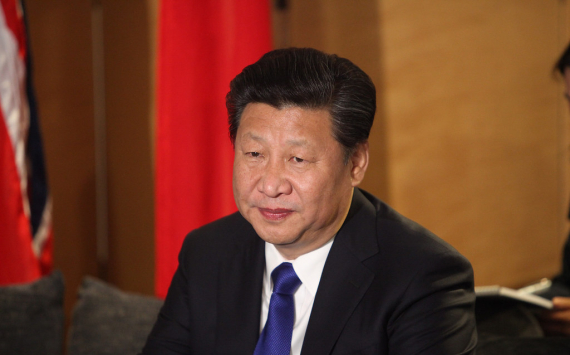
The future of the stock market
President Joe Biden has reappointed current Chairman Jerome Powell to head the Fed for the next 4 years. Experts say that this will generally have a positive effect on the market, although a high degree of uncertainty remains.
On Monday, US President Joe Biden reappointed Jerome Powell to head the Federal Reserve for another four-year term, with Fed Board Governor Lael Brainard as Vice Chair, making her the third woman to hold the No. 2 position at the Fed.
Powell must be approved by a simple majority vote in the Senate to be confirmed as head of the Fed.
Many expected Powell to retain his post as he enjoys bipartisan support from Republicans and moderate Democrats, who praised him for his response to the coronavirus pandemic. Powell's current four-year term expires in February.
In a cut to analysts' views, US stock indices were mostly down on Monday. The S&P 500, Dow Jones and Nasdaq 100 fell 0.43%, 0.46% and 0.53% respectively at non-trading time. Some analysts said that the rise in US inflation in October (the consumer price index jumped to its highest in 30 years) may have been the turning point in Biden's decision. As public concern over inflation is already rising, which is reflected in Biden's rating, replacing Powell with someone considered even more dovish would be more risky.
Given the rapid and sustained rise in inflation, many investors and economists expect Powell to accelerate the pace of the Fed's current $120bn monthly bond purchases. Earlier this month, the Fed announced that it would start cutting bond purchases at the end of November at a rate of $15bn each month. Furthermore, current market forecasts show an expectation of the first rate hike in June 2022, which is at least six months earlier than initially forecast by the Fed.
Accepting his reappointment on Monday, Powell said addressing the "growing risks associated with climate change and cyberattacks" would be one of the key priorities he would seek to address as head of the Fed. Other priorities include modernising the payments system, ensuring the stability of the financial system, removing supply chain bottlenecks, strengthening the labour market and tackling inflation.












































